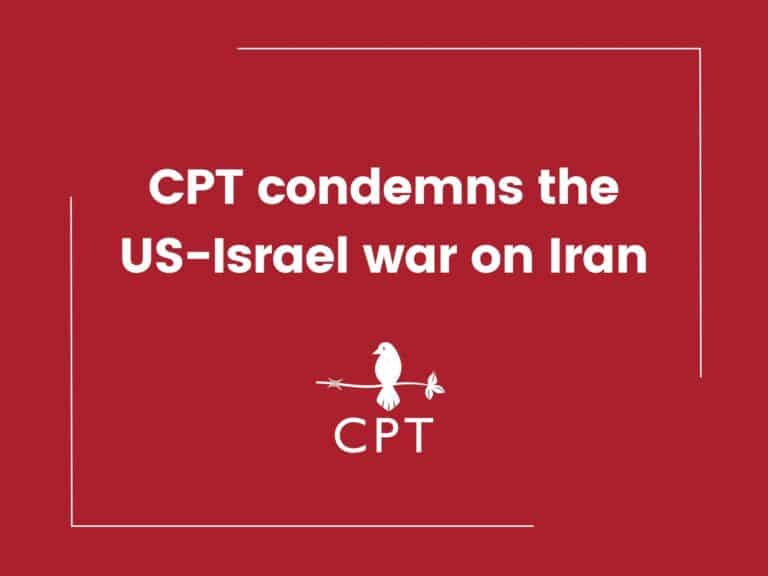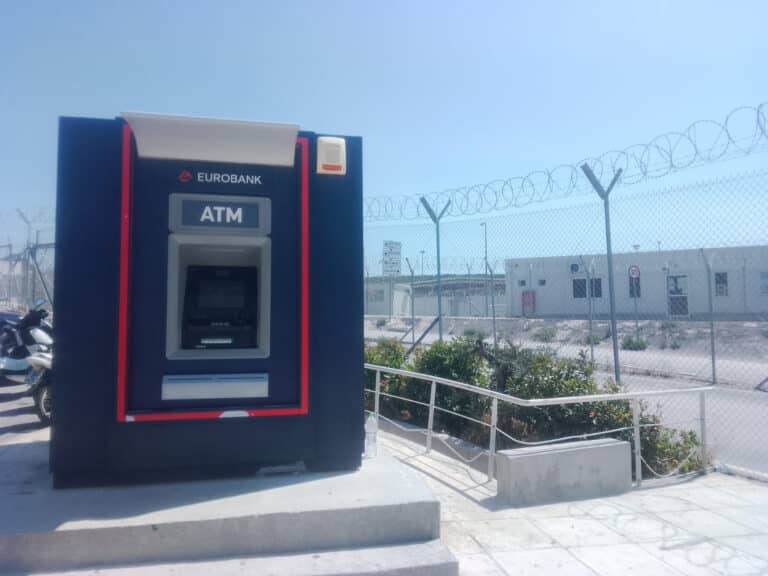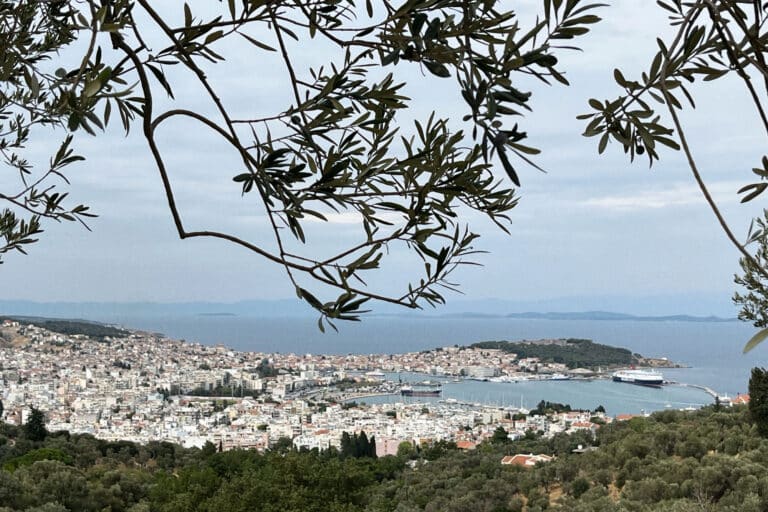Prayers for Peacemakers 23 May 2018 Lesvos
Pray for the LGBTIQ+ refugee community on Lesvos who are both living with and who have fled persecution, discrimination, and violence because of their sexual orientation and gender identity.
On Lesvos there are approximately 8,500 officially registered refuges, 6,500 of them are residing in Moria camp, otherwise known as Moria concentration camp. The refugees who fill the barbed-wired walls are living in horrible conditions, have no privacy and no sanitary facilities to speak of. For the LGBTIQ+ community, Moria is a living hell. On a daily basis they have to deal with discrimination, harassment, verbal and sexual violence perpetrated by other refugees, the migration service and the police.
– “Due to the way I dress, I am already subjected to mockery and homophobic abuse. People go as far calling me a mistake of nature, saying that I am shameful for my country. The same verbal abuse that I suffered in my country—it hasn’t changed here in Moria. […] For gay people like us, Moria is hell.” (Abigail, Cameroon)
-“Three policemen surrounded me in the street in [Lesvos’ principal town] Mytilene and touched my ass, only me, because I am effeminate. They asked if I had a condom with me.“ (Suad, Irak)
No access to a fair asylum procedure. LGBTIQ+ people have to prove their identity during the asylum procedure during which time they also face homophobic and transphobic sentiments and remarks.
“The interviewers told me I’m not really gay because I’m ‘active’. The interrogators followed an “Islamic rule” that only the receptive partner in anal intercourse, “the one who is taken,” is gay.” (Suad, Irak)
For people who have to keep their sexual orientation secret their entire life out of fear, these things are horribly traumatic. Added to this is the fact that most of the translators also live in the same camps, and are therefore in a position that can endanger the asylum case of the LGBTIQ+ person.
When the LGBTIQ+ person does not come across as “queer enough” in the initial interview, the officials do not believe their story, and the person is at risk of getting deported back to Turkey or their home country. Especially the people who come from Morocco, Tunisia, Algeria, Pakistan, Bangladesh and Cameroon are at risk of getting rejected. They are seen as “economic refugees” and their process gets quickly recorded and closed, while in their home-countries homosexuality is criminalised and LGBTIQ+ people have to deal with discrimination and violence on a daily basis.
Find out more at Lesvos LGBTIQ+ Refugee Solidarity



